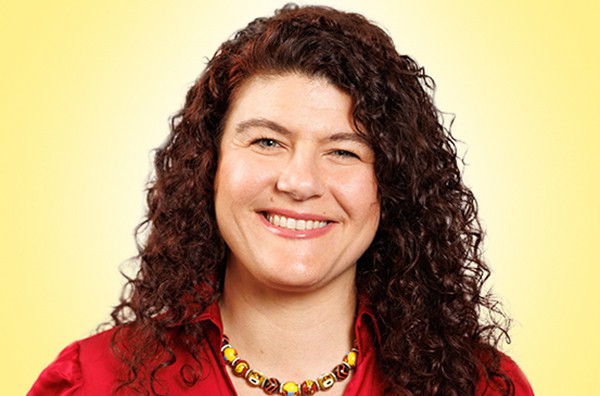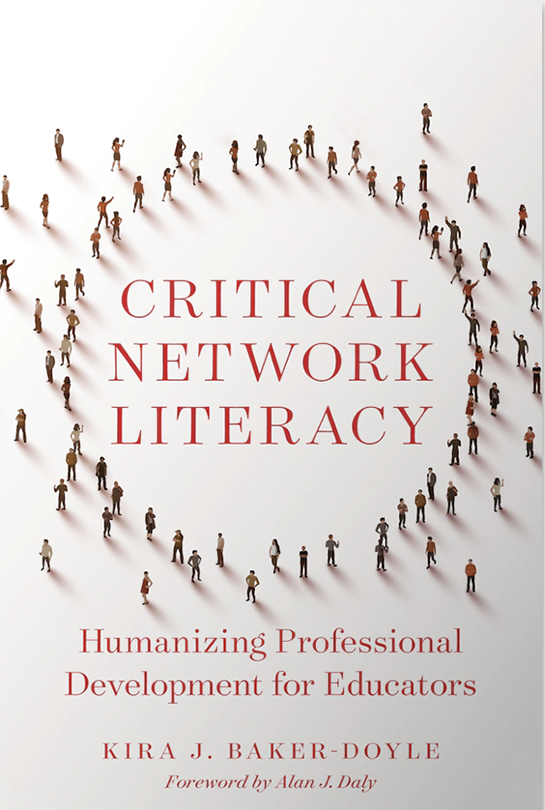Kira J. Baker-Doyle
College of Education | Curriculum and Instruction
Kira J. Baker-Doyle Heading link
Kira J. Baker-Doyle
Dr. Kira J. Baker-Doyle is an Associate Professor of Curriculum & Instruction at the University of Illinois at Chicago, College of Education and the Co-Coordinator of the Language, Literacies, and Culture Doctoral program in the College. Dr. Baker-Doyle’s work focuses on understanding how to build critically transformative and empowering learning experiences through collaboration, connection, and networking. She is known internationally for her social network research on urban teacher professional development and community engagement, particularly in the areas of literacy, technology, and teacher organizing. She is the author of several books on these topics as well as a range of scholarly publications. In addition to her scholarship, Dr. Baker-Doyle has a record of leadership in the community, having served as the Director of UIC’s Center for Literacy, and as founder of the Transformative Teacher Educator Fellowship program. She has also had a significant impact on her field through her work with academic journals; she founded UIC’s peer-reviewed, graduate-student run journal, Literacies Across the Lifespan, and previously served as the Editor-in-Chief of the Review of Education, Pedagogy, and Cultural Studies.
2

Dr. Kira J. Baker-Doyle
Critical Network Literacy Heading link

Critical Network Literacy: Humanizing Professional Development for Educators
Harvard Education Press
Teacher shortages in schools across the U.S. are at an all-time high. In Critical Network Literacy: Humanizing Professional Development for Educators, Dr. Kira Baker-Doyle offers solutions to sustaining the teacher workforce that are rooted in the power of social connection. Dr. Baker-Doyle contends that teachers need social and emotional support in addition to content knowledge in their professional development in order to navigate today’s workplace. Drawing from her research on teacher support networks and experience in the field, she offers a framework and tools for building a shared language around developing social support networks for learning, wellness, and equity. The book stands out among literature on social networks in its critical, intersectional stance. It challenges the field to bring a lens of critical historicity to understanding teacher belonging, inclusion, and network development.